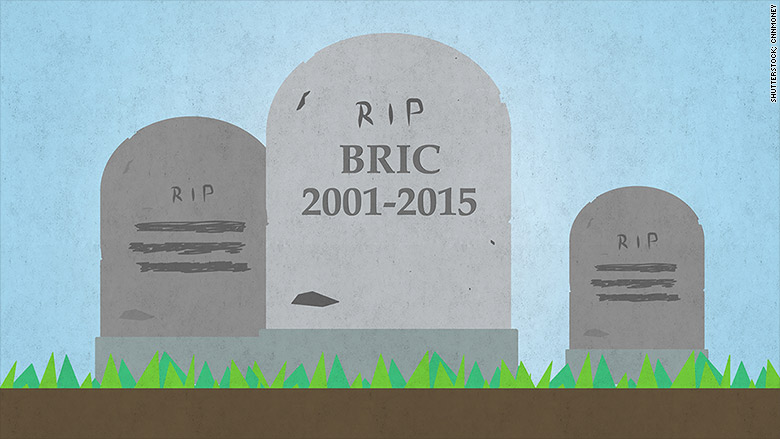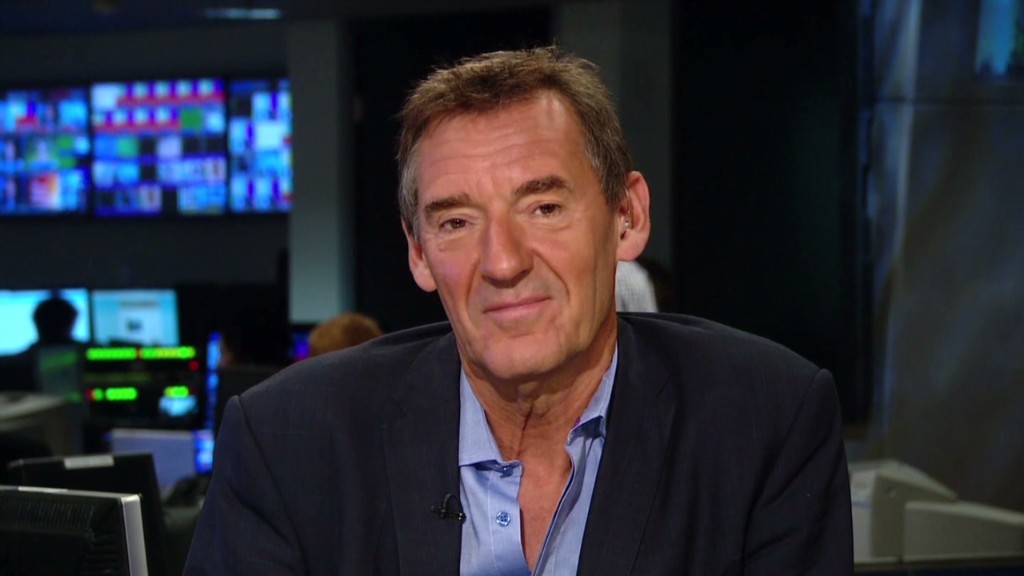[ad_1]

BRIC making an investment has formally fallen out of style.
Goldman Sachs (GS)‘ asset control trade has killed off its BRIC fund, concluding that it could no longer “revel in important asset enlargement within the foreseeable long run.”
The robust funding financial institution was once the unique champion of making an investment in Brazil, Russia, India and China, which changed into referred to as BRIC countries.
Goldman’s former chairman Jim O’Neill coined the “BRIC” acronym in 2001 and taken the arena’s consideration to sturdy enlargement possible in those massive rising markets. The acronym was once later expanded to BRICS to incorporate South Africa.
Alternatively, the promise of BRIC international locations has light as Brazil’s financial system slumps, Russia struggles with low oil costs and global sanctions, and China’s financial system slows after up to now posting double-digit enlargement figures.
Goldman’s BRIC fund was once created in June 2006 and skilled wild swings right through the monetary disaster in 2008 and 2009.
An reliable submitting displays that it averaged a measly 3% moderate annual go back and underperformed the MSCI BRIC index.
Goldman warned in September that it deliberate to fold the BRIC fund right into a extra varied rising marketplace fund on Oct. 23.
Although the BRIC generation seems to be over, Goldman Sachs stated it isn’t time to surrender on all rising markets.
“Over the past decade rising marketplace making an investment has advanced from being tactical and opportunistic to being a strategic a part of maximum asset allocations,” stated Andrew Williams, a spokesman for Goldman Sachs. “We proceed to suggest that our shoppers have publicity to rising markets throughout asset categories as a part of their strategic asset allocation.”

An October document from the Middle for Strategic and World Research wondered whether or not the BRICS nonetheless topic, arguing that “the root of the BRICS thought is starting to collapse.”
“Conflicting pursuits and the indeniable political, social, and cultural variations a number of the team’s contributors have saved the BRICS from translating their financial drive into collective political energy at the world level,” the document stated. “And with financial potentialities decreasingly promising, the perception of the BRICS as a political challenge turns out too fragile to face by itself.”
CNNMoney (London) First printed November 9, 2015: 8:57 AM ET
[ad_2]
